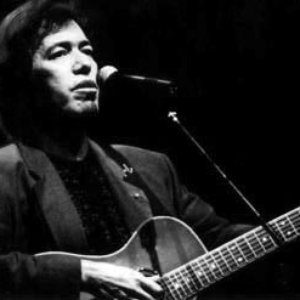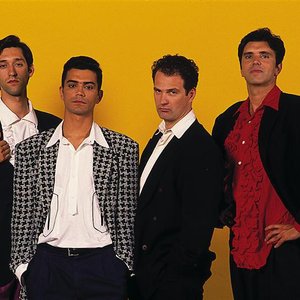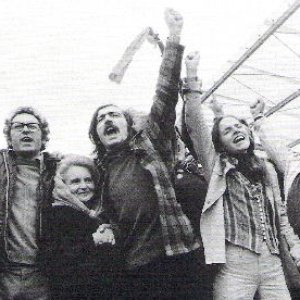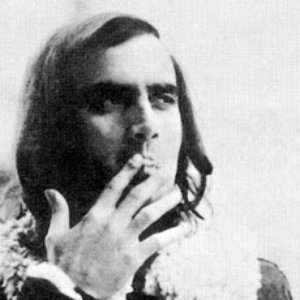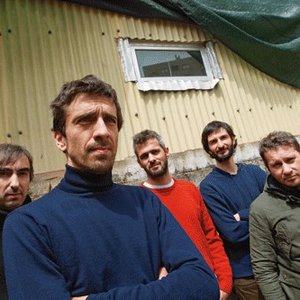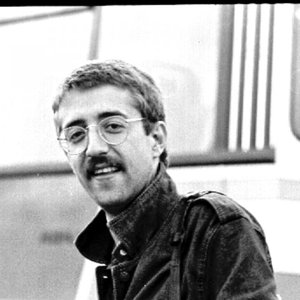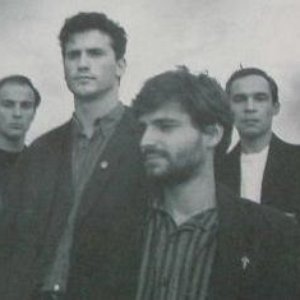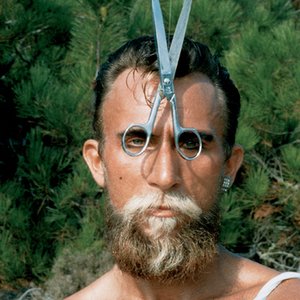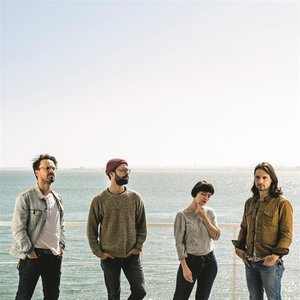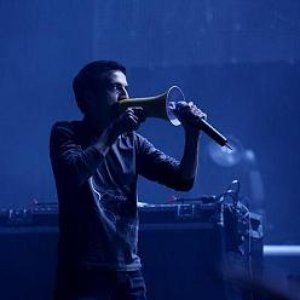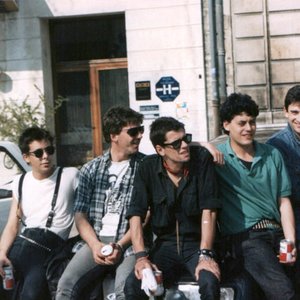Biography
-
Born
4 June 1950 (age 73)
Jorge Manuel d’Abreu Palma, known as Jorge Palma (born on June 4, 1950 in Lisbon, Portugal), is a Portuguese singer and songwriter.
Jorge Palma's solo career started with the release of the single The Nine Billion Names of God with lyrics in the English language. After that he spent some time improving his writing skills in Portuguese with the famous poet José Carlos Ary dos Santos. His first LP, named Com Uma Viagem Na Palma da Mão was released in 1975.
Early life and career:
Palma learned to play piano at the same time he learned to read when he was six. When he was 8, he performed his first piano audition at the Portuguese National Conservatory.
In 1963, at 13, Palma finished second in a musical contest in Majorca, Spain. At the same time he continued his studies, first in the Camões high school and then in Abrantes. The next year, 1964, marked a turning point in Palma's musical style, after leaving his classical influences he started to play rock'n'roll and taught himself to play guitar.
In 1969 he joined the hard rock band Sindikato while he continued his studies at the Faculty of Sciences of the University of Lisbon. Joining the band gave him the opportunity to play in the 1st edition of the Vilar de Mouros Festival, in 1971. In that same year, aided by some friends, like Rão Kyao, João Maló, Rui Cardoso and Vítor Mamede he started to write lyrics and composing songs. He ended up recording, with Sindikato, releasing a single and an album of covers.
The solo Career
First albums
Jorge Palma's solo career started with the release of the single The Nine Billion Names of God with English lyrics. After that he spent some time improving his writing skills in Portuguese with the famous poet José Carlos Ary dos Santos. His first LP, named Com Uma Viagem na Palma da Mão was released in 1975.
In 1977, he released his second album, Té Já, album that made him play abroad, in Spain and Brazil. Palma spent the following years, 1978 and 1979, in France, mainly in Paris, where he performed in several bars, playing songs of some major names of the musical panorama, such as Bob Dylan, Leonard Cohen, Paul Simon, Crosby, Stills & Nash and others. After returning to Portugal, in 1979, Palma recorded and released his 3rd album, named Qualquer Coisa Pá Música, followed by live concerts alone or with the group O Bando.
In the early 1980s, he travelled to Paris, only returning in 1982 in order to finish the record of his 4th album, Acto Contínuo, the album that was first meant to be a live album, but due to some difficulties, was recorded in studio. In 1983, when Palma was about to restart his musical studies, which he would finish in 1986, his first son, Vicente Palma, was born. In the next year, Palma recorded his 5th album, Asas e Penas, where he included a song dedicated to Vicente, named Castor (Beaver). In that same year he performed in Portugal, France and Italy, sometimes playing in the streets.
In 1985, Palma released one of the most acclaimed albums of his career, named O Lado Errado da Noite, the album included the single Deixa-me Rir, which became a huge success. The album received several musical awards and many music critics called it "the right side of Jorge Palma" (the album name is translated from Portuguese as "the wrong side of the night"). After releasing the album, Palma went on a major tour of Portugal, including the islands of Azores and Madeira. In 1986 Palma finished his piano course and recorded the seventh album, Quarto Minguante, which was marked by the recording company's wanting him to change his style, which he refused.
Recent years
After releasing his eighth album, Bairro do Amor, in 1989, Palma started a long period without releasing an album of originals, but continued his piano studies, finishing the Superior Course of Piano in the Portuguese National Conservatory in the next year. This last album was considered by many critics and newspapers among the best Portuguese albums of the century. The album was recorded by Polygram, unlike the previous, as Palma had finished his contract with EMI after their refusal to release his latest album. In 1991, a compilation record titled Só was issued, which revisited old songs with only vocals and piano. After the release of this album, Palma formed the Palma's Gang, with members of the bands Xutos & Pontapés and Rádio Macau, which released a live album in 1993, titled Palma's Gang - Ao Vivo no Johnny Guitar. In that same year, Palma participated in an album of the punk band Censurados. The next two years, Palma performed in several stages from north to south Portugal, alone or with Palma's Gang, some of them broadcast by the RTP. Meanwhile, his second son, Francisco Palma, was born.
In 1996, Palma accepted an invitation to join a new project, named Rio Grande, a band that included other famous Portuguese musicians, Tim (Xutos & Pontapés), João Gil (Ala dos Namorados), Rui Veloso and Vitorino. The first album of the band was inspired in the Portuguese traditional music and became a major success in that year. In 1997, along with several concerts, Palma participated in several musical projects, such as Todo Este Céu with Né Ladeiras or Voz e guitarras, an acoustic album with several other artists. Also in 1997, the Rio Grande released their second album, a live album recorded in a major concert in Lisbon. In this album was present an un released song by Palma, Quem És Tu De Novo
In 1998, Palma performed in several major concerts, for university students in Lisbon and Oporto, and also in the World's Fair Expo '98 in Lisbon.
Discography
Originals
1975 - Com Uma Viagem Na Palma da Mão
1977 - 'Té Já
1979 - Qualquer Coisa Pá Música
1982 - Acto Contínuo
1984 - Asas e Penas
1985 - Lado Errado da Noite
1986 - Quarto Minguante
1989 - Bairro do Amor
2001 - Jorge Palma
2004 - Norte
Compilations
1991 - Só
1993 - Palma's Gang - Ao Vivo no Johnny Guitar
1996 - Deixa-me Rir
1998 - Jorge Palma: O Melhor dos Melhores
2000 - Dá-me Lume: O Melhor de Jorge Palma
2000 - Clássicos da Renascença: Jorge Palma
2002 - No Tempo dos Assassinos
2004 - Estrela do Mar
2004 - A Arte e a Música de Jorge Palma
Singles
1971 - The Nine Billion Names Of God
1973 - A Última Canção
1975 - Pecado Capital
1976 - Viagem
Albums with other artists
* 2001 - O Melhor de dois: Sérgio Godinho + Jorge Palma (with Sérgio Godinho)
Artist descriptions on Last.fm are editable by everyone. Feel free to contribute!
All user-contributed text on this page is available under the Creative Commons Attribution-ShareAlike License; additional terms may apply.

